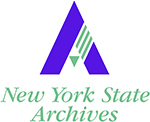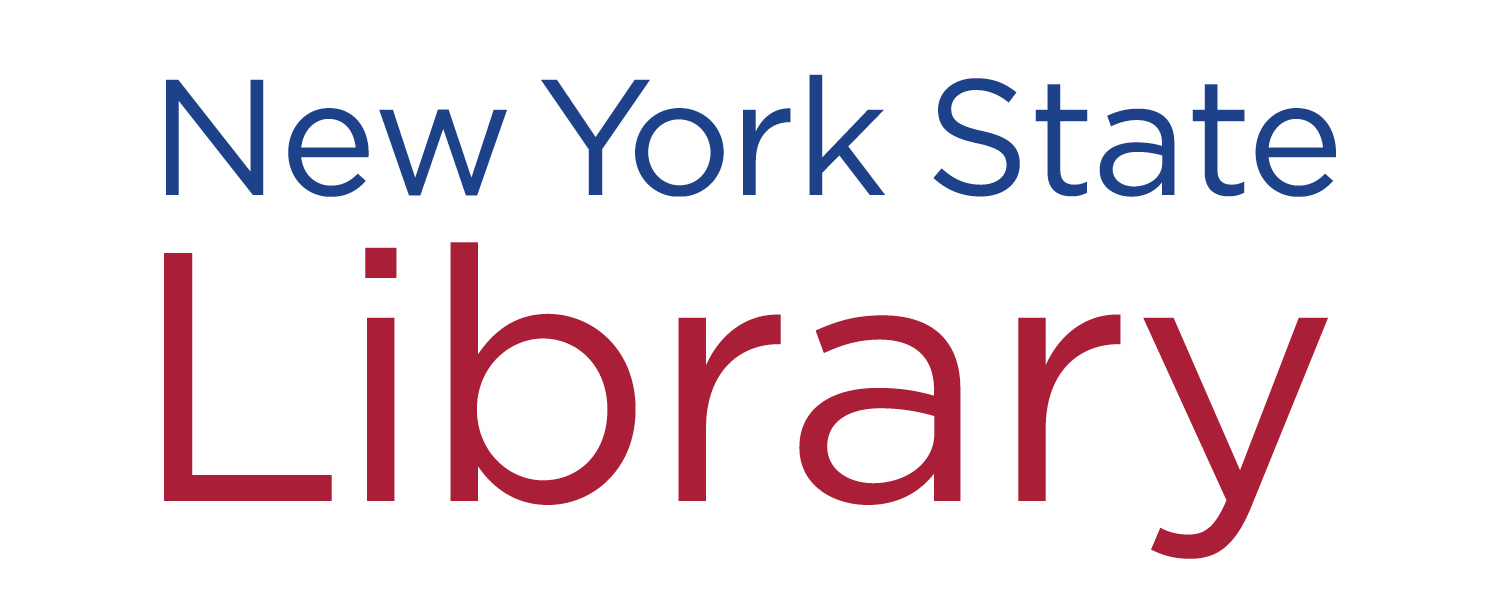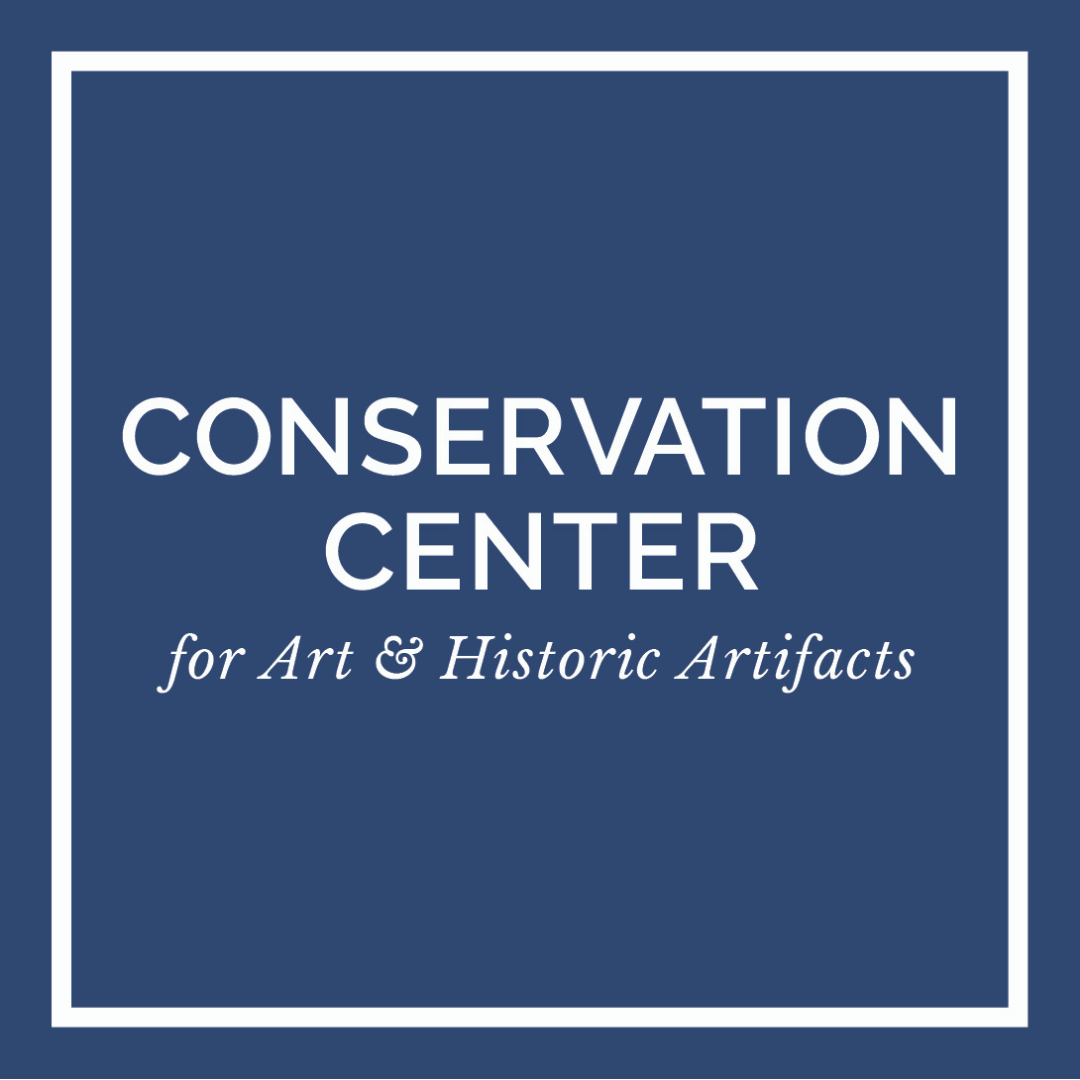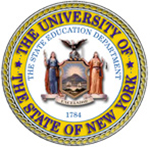Documentary Heritage and Preservation Services for New York is a collaboration between two long-running New York programs dedicated to service and support for archival and library research collections throughout the state: the New York State Archives Documentary Heritage Program and the New York State Library Conservation/Preservation Program. DHPSNY is fully funded by the New York State Education Department, New York State Archives, and New York State Library, with services provided by the Conservation Center for Art & Historic Artifacts.

New York State Archives (NYSA)
The New York State Archives (NYSA) leads efforts, on behalf of all New Yorkers, to manage, preserve, ensure open access to, and promote the wide use of records that support information needs and document the history, governments, events and peoples of New York State. NYSA strives for comprehensive, equitable, and accessible documentation of our present, past and future through innovative partnerships and state-of-the-art approaches. The Documentary Heritage Program (DHP) is a statewide program established by law to provide financial support and guidance to not-for-profit organizations that hold, collect and make available New York's historical records. DHP grants support projects that identify, survey, collect, arrange, describe, and make available records that relate to groups and topics traditionally under-represented in the State’s historical record.

New York State Library (NYSL)
The New York State Library’s Conservation/Preservation Program provides state funding for libraries, archives, museums and other organizations engaged in efforts to preserve deteriorating library research materials. The program is designed to encourage the proper care and accessibility of research materials in the State, to promote the use and development of guidelines and standards for conservation/preservation work, and to support the growth of local and cooperative preservation programs. It provides modest financial support for projects that contribute to the preservation of significant research materials in libraries, archives, historical societies and other agencies within the State of New York, whether by conducting surveys, improving collection storage environments, reformatting or treating collections, or other preservation activities. The grants are for one year and the maximum award amount is $40,000.

Conservation Center for Art & Historic Artifacts (CCAHA)
The Conservation Center for Art & Historic Artifacts is a nonprofit, full-service conservation facility that has supported the preservation of cultural heritage since 1977. As one of the largest conservation centers in the country, CCAHA serves cultural institutions, collecting organizations, and individuals across the United States and beyond. The Center’s conservators treat a wide range of materials, including paper-based works, photographs, books, parchment, and more. Services also include digitization, imaging, and custom housing and framing.
Through its Preservation Services Office, CCAHA offers assessments, planning support, and educational programs that help organizations care for their collections and strengthen long-term preservation efforts. The Center also assists with grant writing and fundraising and invests in the future of the field through fellowships in conservation and preventive care.

New York State Education Department (NYSED)
The New York State Education Department (NYSED) is part of the University of the State of New York, one of the most complete, interconnected systems of educational services in the United States. Its mission is to raise the knowledge, skill, and opportunity of all the people in New York, and its vision is to provide leadership for a system that yields the best educated people in the world. The New York State Education Department (NYSED) also oversees the State’s cultural institutions such as museums and libraries. The Office of Cultural Education (OCE) is a branch of NYSED that operates three major cultural institutions with stewardship responsibilities for collections: the New York State Archives, the New York State Library, and the New York State Museum. All three collection-holding institutions, which are housed in the Cultural Education Center, ensure that valuable information, knowledge, and collections under their care are preserved and made available for current and future generations.